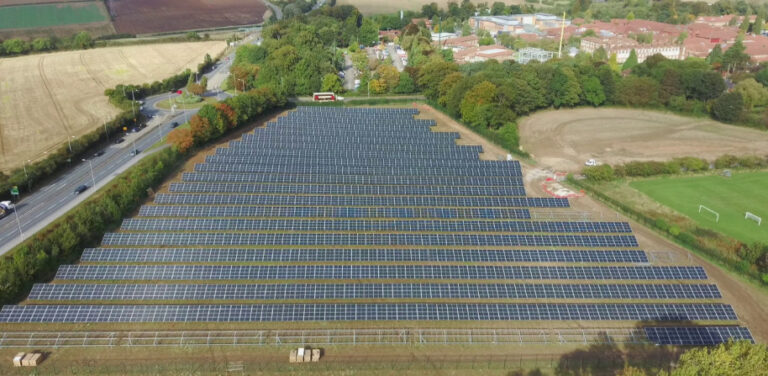[14:40] Casey
Private healthcare provider Spire Healthcare has signed a £5.2 million contract with eEnergy, which will see the latter supply a solar PV (photovoltaic) system at 38 sites belonging to the former.
The contract award follows the successful installation of the first solar pilot site, with revenue from the contract expected to be recognized in FY24.
Spire operates a network of 39 hospitals and more than 50 clinics, medical centers and consultation rooms across England, Wales and Scotland, providing private healthcare services and a range of private and NHS mental health, musculoskeletal and dermatological services .
Jitesh Sodha, CFO of Spire Healthcare and Chairman of the Sustainability Committee said: “Environmental sustainability is a core component of our strategy and operations. With this investment we reduce our CO2 emissions and lower our costs.”
Harvey Sinclair, CEO of eEnergy, commented: “This contract win is one of our largest to date. The award underlines our commitment to delivering innovative energy efficiency solutions for our customers, and highlights our capabilities across multiple projects and locations.
“The contract also demonstrates eEnergy’s strong position within the healthcare sector and reflects the confidence our customers place in our ability to optimize their energy consumption while reducing costs and environmental impact.”
Healthcare in solar energy
It’s not just the private healthcare sector that has taken on solar energy projects for their sites in Britain; The country’s National Health Service (NHS) has also taken steps forward.
For example, Raigmore Hospital in Inverness has installed an electric vehicle (EV) charging point that is said to be the “first of its kind to be operational in Scotland.”
The solar parking lot (SCP), called Papilio3, was installed by the operator of EV charging points 3ti. It is made from recycled shipping containers containing 12 charging points that can quickly charge up to 12 EVs simultaneously at 7 kW, 11 kW or 22 kW.
Papilo3 will use electricity generated from an existing solar panel with a total capacity of 19.32 kWp, generating an average of 18 MWh of electricity annually. This will be integrated with “existing local power” to power the 12 chargers.
It is also worth noting that NHS Property Services (NHSPS) has installed a solar PV array on the south-facing roof elevation of Health House in Hull. The array will generate more than 300 MWh of renewable energy, saving the NHS more than £60,000 in electricity costs.
The guaranteed operational life of the array is 20 years. It includes 41 monocrystalline solar panels, a monitoring platform and a powerful inverter.
NHSPS also installed a display of live generated data from the solar panels at the clinic reception, aiming to “increase awareness and visibility around energy consumption.”


